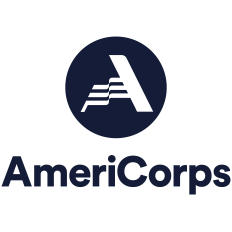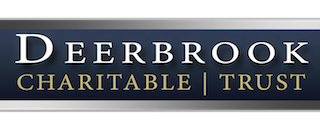November 29, 2017
Justin Harlan

By Julie Wenger Watson. Originally posted on TulsaPeople.
Name: Justin Harlan
Age: 31
Known for: His work as the new executive director of Reading Partners, a nonprofit that pairs community volunteers with students grades K-3 who are reading below grade level to provide one-on-one reading tutoring.
Like many third-graders, Jayla (pictured above) loves bugs. She likes them so much, in fact, that she recently chose an insect book to take home.
Thanks to the nonprofit Reading Partners and its “Take Reading Home” program, Jayla’s book collection will continue to expand each time she meets with her reading tutor, Justin Harlan, Reading Partners’ new executive director.
Each week, students have the opportunity to take home a new book in exchange for doing a book report. “This year we’ll give away 14,000 books to kids through different donations from bookstores and individuals,” Harlan says. “Not only are we teaching kids literacy skills, we’re also building their at-home library.”
Harlan enjoys the tutoring sessions as much as Jayla does. “It’s really fun,” he says. “It’s a great way to give back, and I’m eager to return next week.”
On the importance of third-grade literacy:
In third grade, education shifts from learning to read to reading to learn. If you don’t have those skills, you fall more and more behind. Our future as a city relies on third-grade literacy. Without it, we’re not going to have people in college, and we’re not going to have skilled workers. We might not be feeling it now, but in 10 or 15 years, we’re certainly going to be feeling it.
On the volunteers:
Our volunteers are what make us go. We have a goal of 1,700 volunteers to impact 1,500 kids, but we’d love to exceed that goal. I know Tulsa has people who really rally behind organizations like Reading Partners. (At press time, Reading Partners had 1,127 volunteers.)
On the mayor’s support:
This year G.T. Bynum has given every City of Tulsa employee permission to go volunteer and be a Reading Partner. He has a goal of 100 employees. We’re just about to that goal. It’s a unique setting when the mayor is rallying behind you.
Reading Partners commit to read with a student one hour per week. To become a Reading Partner, call 918-949-1979 or visit readingpartners.org/volunteer.










